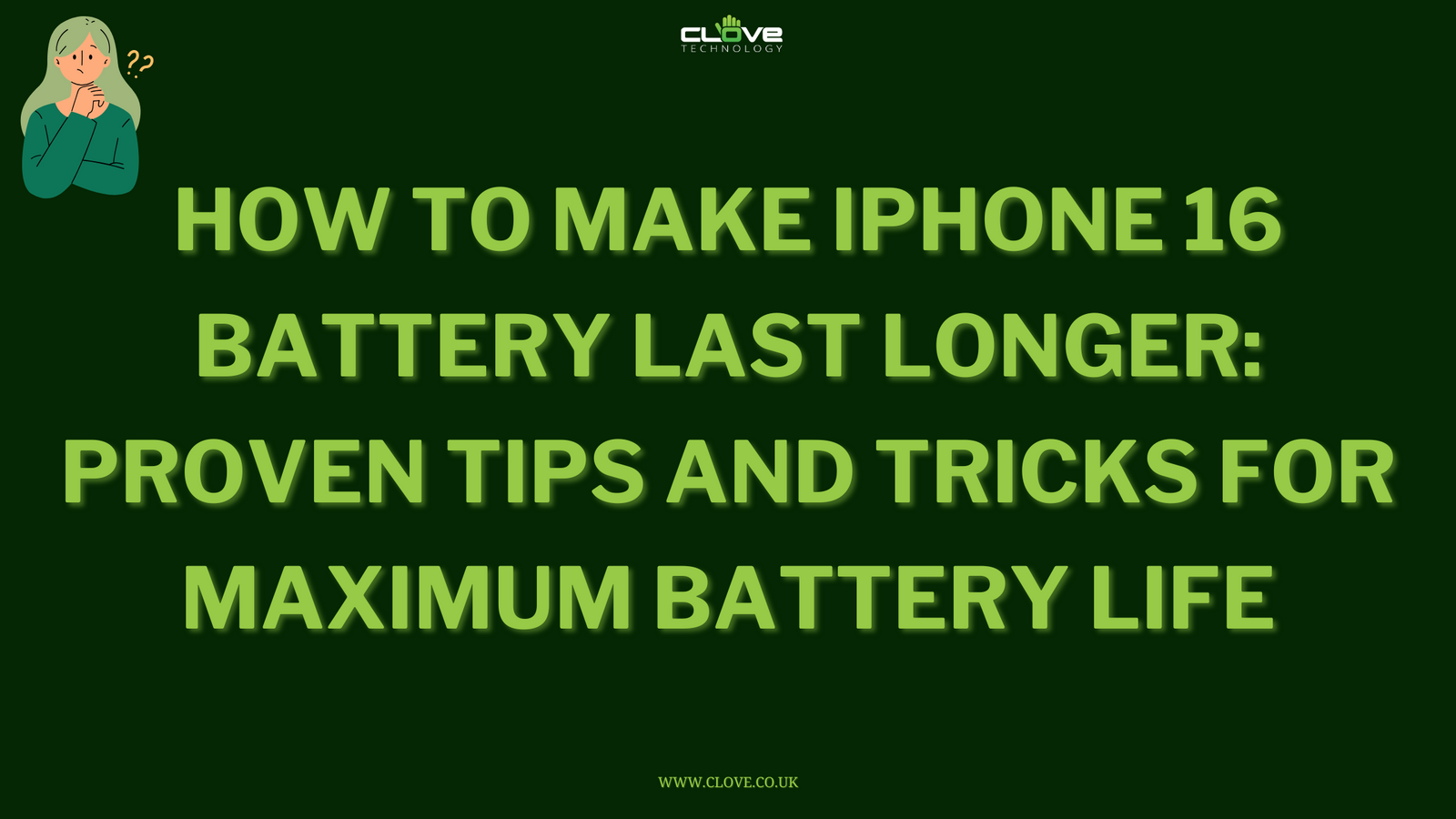Will a phone still ‘charge’ even when it is full?
This is a post from our smartphone FAQ section. To see other questions please click here.
Yes. Once your phone, tablet or any other electronic device that charges in a similar fashion has completed its charge, it will continue to use energy if it remains connected to the power source.
Once the phone is fully charged, it will continue to use a small amount of energy even in standby mode. The charger will therefore continue to replenish the supply of energy. This is known as Trickle Charging. It doesn’t consume as much energy as when it’s charging an empty battery, but it does still use a small amount.
Many handsets are now advanced enough to reduce the energy used to a minimum, but it is a waste of electricity so you should unplug if possible.

Does keeping your phone plugged in kill the battery?
Yes, but not really enough to worry about it too much.
Continual charging of the battery will gradually reduce its capacity over time, but this process will take several years. For those of us that change our handset every one to two years this isn’t so much of a problem, but if you plan on keeping your handset for longer you should take care of its battery where possible. This is especially true for those handsets which have a unibody design and a battery that is not easily removed by the user.
Strictly speaking rechargeable batteries in electronics should be partially discharged before they are charged again. In an ideal world your battery should be close to being completely flat before it’s recharged again, but naturally this isn’t always practical.
How can I tell when my phone is fully charged?
Many phones now come with an LED indicator that will signal when battery is critically low, in the process or charging or when it is fully charged. However, this isn’t always the case and if your phone does not have a notification LED, the Full Battery & Theft Alarm app (for Android) is worth checking out.
The app will sound an alarm either when your battery is fully charged or when the handset is unplugged from its charger. This is great if you need do not have the means to charge the handset within close proximity to what you are doing.
Should I charge my phone overnight?
Many people choose to charge their handset overnight so that it has full battery in the morning. This isn’t a bad things and as mentioned it would take a long time to have an impact on battery life. If you do have the means to charge it for an hour or two before you go to bed though, this option is slightly better in terms of battery health, saving energy and also safety (see below).
If you do charge before you go to bed, leaving the phone on standby overnight will not use much battery at all, provided you have things such as Wi-Fi, GPS, Bluetooth and mobile data switched off.
Is it dangerous to ‘overcharge’ a phone?
Yes, to an extent, but it’s not that frequent for a problem to arise. Once a phone has reached a 100% charge, the protection circuit will prevent it from charging any further, i.e. over charging. However, should the protection circuit fail (which is extremely rare) there could be problems.
In the case of one Reddit user, his Samsung Galaxy S3 exploded while charging overnight (photos here). In this kind of situation ‘extremely rare’ wouldn’t be much of a consolation if the phone was close enough to do you some damage.
Fortunately the user escaped unharmed, but if you are charging your phone overnight make sure it’s a reasonable distance away from you and that it isn’t covered in any way, which could cause it to overheat.
Do mobile phone chargers use electricity when plugged in without a phone?
Yes, although it is a very small amount. The same goes for all electric devices though – TVs, microwaves, DVD players, etc. If they are left plugged in, even when turned off completely, they will continue to use a small amount of energy. Individually the amount of energy consumed is minuscule, but collectively – across a whole nation – a fair bit of power is consumed in this way, so we should unplug is possible.




